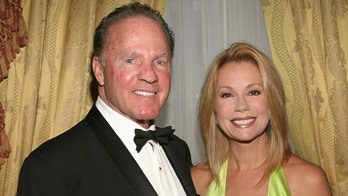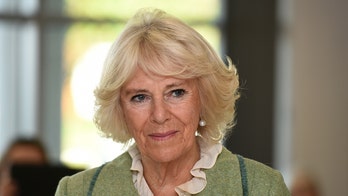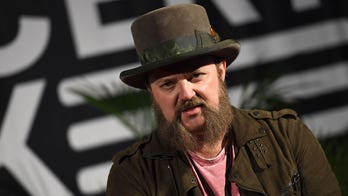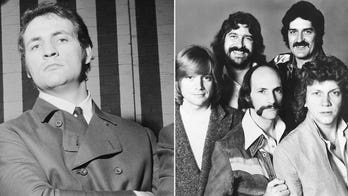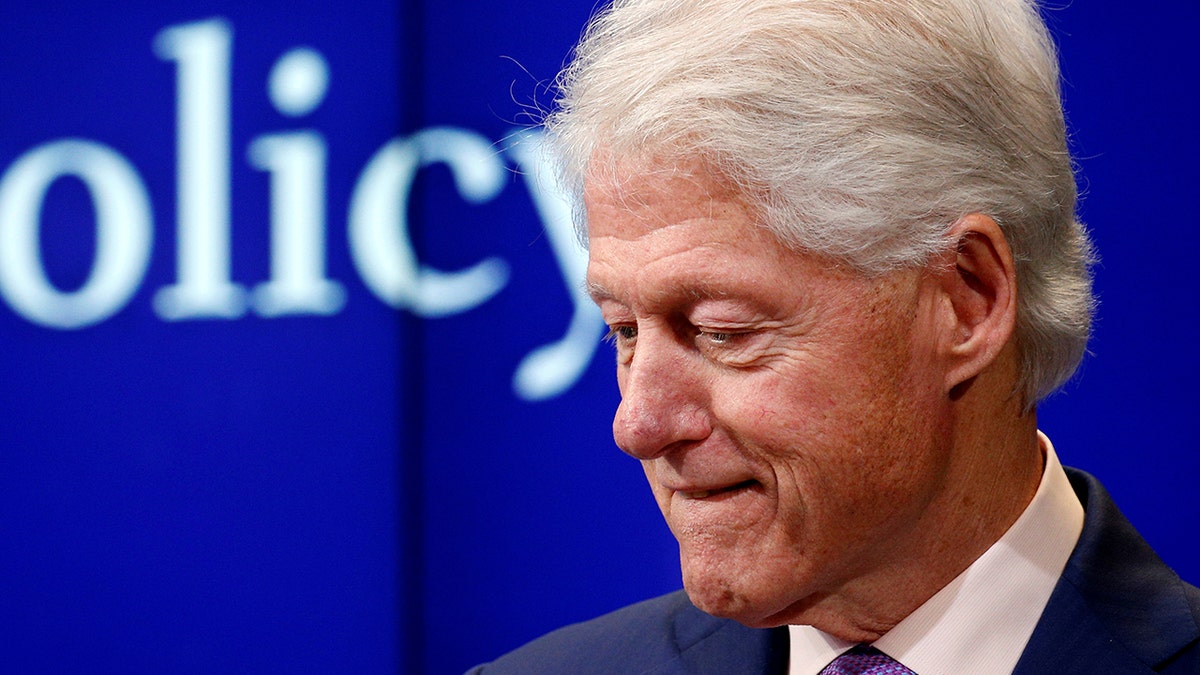
The New Yorker’s Anthony Lane wonders why former President Bill Clinton would team up with James Patterson. (Reuters)
The New Yorker found fault with the new political thriller by former President Bill Clinton and author James Patterson, “The President is Missing,” in a review that said the book was complete with characters filled with “emotional flatulence” and raised the question, “Why is there no sex?”
Anthony Lane, who has been a critic for the prestigious publication since 1993, started the review by noting that “collaboration is a murky trade,” especially when the collaborators are working on a novel.
“Writing, like dying, is one of those things that should be done alone or not at all,” Lane wrote.
The critic proclaimed that Clinton “can write,” while Patterson cannot – despite selling “more than 375 million copies” of his work, “most of them to happy and contented customers for whom good writing would only get in the way.”
The New Yorker scorned Clinton for selecting Patterson as a cash grab, painting him as a poor author worth hundreds of millions because his books, for all their faults, sell. It could be called “The President Is Cashing In,” Lane wrote.
Lane then took issue with the length of the book, noting that it wasn't quite as enormous as Clinton’s autobiography, “My Life,” but saying the thriller remained “a welcome return to bulk after more recent "slender offerings."
“The President is Missing” is about fictional POTUS, Jon Duncan, who is described as a war hero with rugged good looks and a sharp sense of humor.” Lane pointed out that the plot was strikingly similar to both Rob Reiner’s 1995 movie “The America President” and TV classic “The West Wing.”
“His physician warns that he could have a stroke at any moment, especially if he is under stress,” Lane wrote about President Duncan. “Cue the stress.”
The fictional president faces impeachment after getting missed up with a cyberterrorist who is Turkish-born, not Muslim. “That faint sound you can hear is our two authors treading very, very carefully,” Lane wrote.
The novel also features a female assassin, “a couple of computer wonks” and references to “an ice-cold Bud,” which The New Yorker refers to as "unblushing" product placement.
Meanwhile, Lane mocked a portion of the book in which the fictional president ditches his security detail to attend a baseball game.
“You’d think that such a vanishing act would raise an unrelenting hue and cry, but the media aspect is scarcely touched upon, and the entire novel has an air of narrative lockdown,” Lane wrote after noting that Clinton presumably “prayed” he would go missing during his presidency.
“I haven’t opened my own car door for a decade,” the fictional president says, according to Lane, who added, “The fingerprints of Clinton are all over that line. So where else can we find him in this book?”
Lane then pointed out that sex is curiously absent from the book.
“There ain’t any. I’ve looked. It will be the first thing, let’s face it, for which hostile readers will hunt, but the 42nd president of the United States is smart enough to give any hint of carnality the widest of berths,” Lane wrote.
The review went on to deem the book a series of mixed metaphors and “emotional flatulence,” with characters that “express themselves like eager extraterrestrials who have completed all but one module of their human-conversion course.”
While promoting the book, Clinton has been criticized for his reaction to questions regarding the #MeToo movement.

